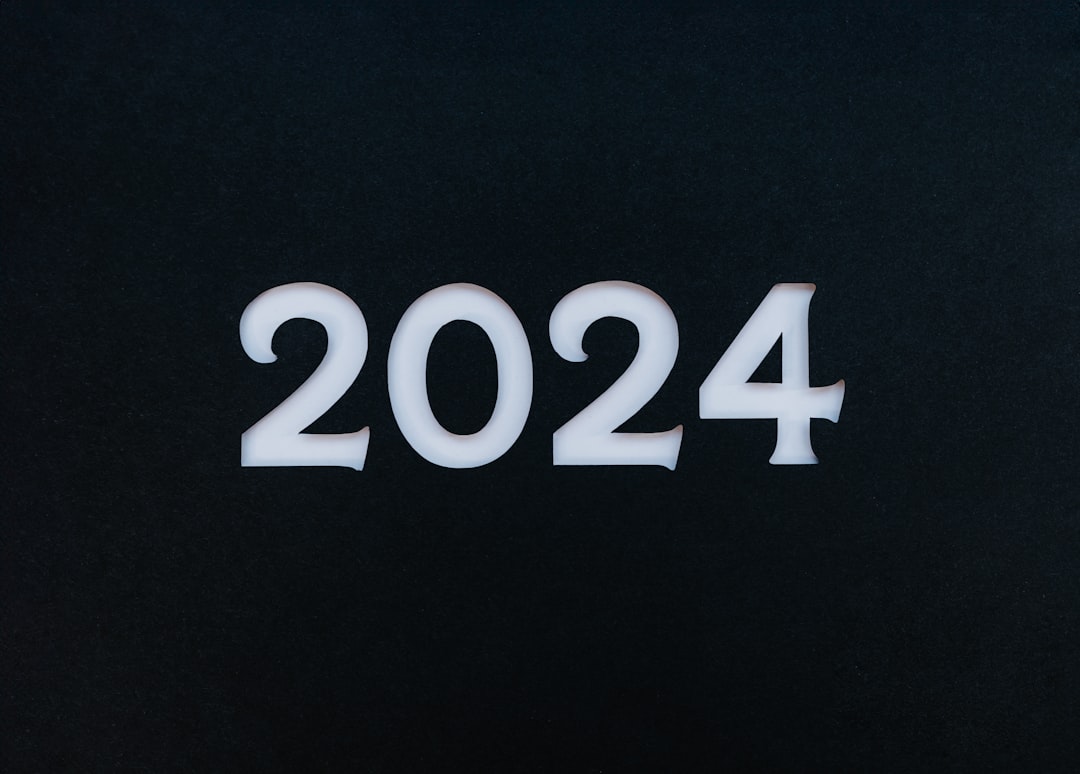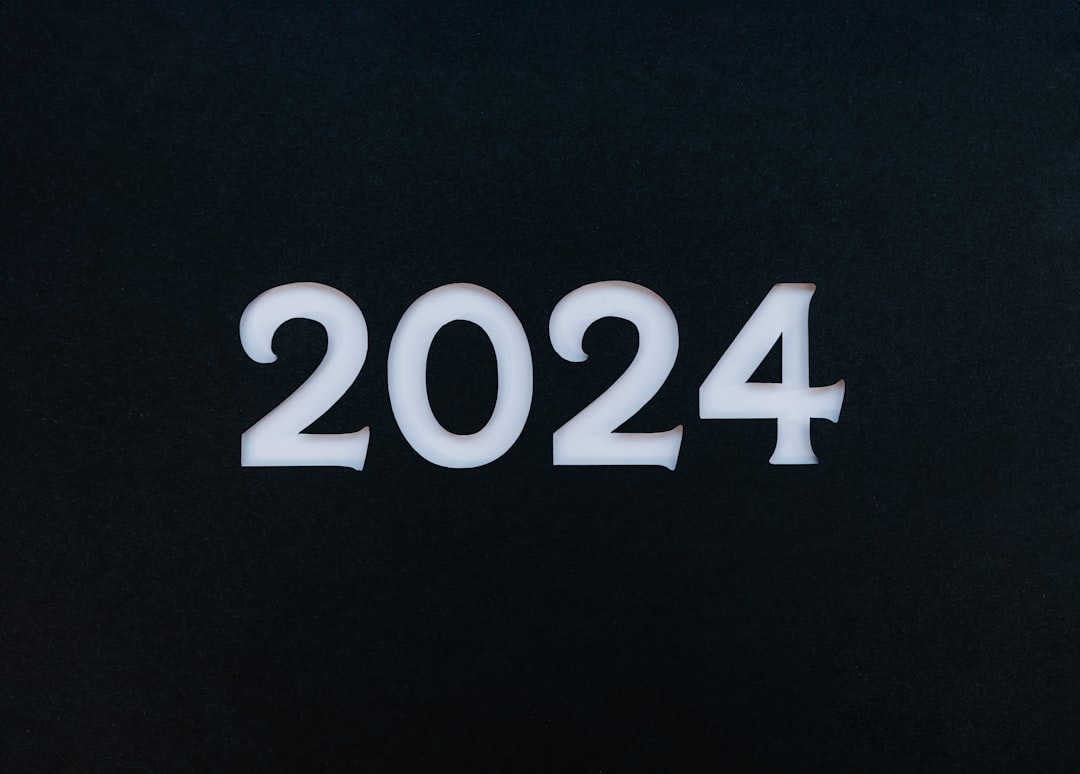Understanding GCC Climate Control Workforce Requirements
GCC nations confront unique environmental workforce challenges. Extreme summer temperatures regularly exceed 45°C. Consequently, climate control systems operate near maximum capacity. Additionally, building codes mandate specific cooling standards. Therefore, technical staffing must address these regional peculiarities.
Multiple factors influence regional HVAC employment patterns. Urban development projects expand rapidly across the Gulf. Furthermore, tourism infrastructure demands sophisticated climate management. Moreover, industrial growth requires specialized cooling solutions. These elements collectively shape technician requirements.
Key regional considerations include:
- Saudi Arabia’s Vision 2030 construction boom
- UAE’s commercial and residential expansion
- Qatar’s post-World Cup facility maintenance
- Kuwait’s infrastructure modernization initiatives
- Oman’s growing tourism hospitality sector
- Bahrain’s commercial district developments
The World Bank labor market reports indicate significant GCC employment growth. Furthermore, technical roles show particularly strong expansion. Therefore, strategic planning prevents workforce shortages.
HVAC Technician Demand 2026 Strategic Overview
The HVAC technician demand 2026 projection reveals critical staffing implications. Market analysis indicates 15-20% annual growth across GCC nations. Furthermore, Saudi Arabia leads regional hiring requirements. Consequently, employers must develop proactive recruitment strategies.
Several economic drivers accelerate this technical staffing surge. Major events like Dubai Expo 2030 require extensive climate systems. Additionally, NEOM and other giga-projects need sophisticated HVAC infrastructure. Moreover, existing building retrofits create substantial maintenance demand.
Strategic hiring considerations include:
- Specialized skills for smart building systems
- Green technology and energy efficiency expertise
- Preventive maintenance capabilities
- Refrigeration system proficiency
- Building automation system experience
- Emergency repair and response competencies
The U.S. Department of Commerce trade resources highlight GCC infrastructure investment. Furthermore, climate control represents significant operational expenditure. Therefore, workforce planning directly impacts profitability.
Legal Framework and Compliance Standards
GCC labor regulations govern technical employment comprehensively. Each member state maintains specific licensing requirements. Furthermore, visa categories differ for skilled technicians. Therefore, compliance knowledge prevents legal complications.
Technical certification standards vary across the region. UAE requires specific qualifications for HVAC roles. Additionally, Saudi Arabia mandates technical evaluation. Moreover, Qatar implements rigorous safety certification. Consequently, understanding these variations proves essential.
Key compliance considerations include:
- Ministry of Human Resources approval processes
- Technical qualification verification procedures
- Work permit category specifications
- Safety training certification requirements
- Medical examination protocols
- Employment contract standardization
The International Labour Organization guidelines inform regional labor standards. Furthermore, UAE government employment regulations provide specific technical requirements. Therefore, professional guidance ensures full compliance.
HVAC Technician Demand 2026 Best Practices
Proactive employers implement several HVAC technician demand 2026 best practices. Workforce planning should begin 12-18 months ahead. Furthermore, talent pipeline development prevents recruitment delays. Additionally, competitive compensation packages attract quality candidates.
Successful recruitment strategies incorporate multiple sourcing channels. Technical institutes provide recently qualified technicians. Moreover, experienced professionals require targeted outreach. Furthermore, international recruitment addresses local shortages.
Effective best practices include:
- Developing technical competency frameworks
- Implementing structured interview protocols
- Creating competitive benefits packages
- Establishing continuous training programs
- Building talent community networks
- Utilizing specialized recruitment partners
Our professional recruitment resources support effective hiring strategies. Furthermore, market intelligence informs compensation benchmarking. Therefore, data-driven approaches yield optimal results.
Documentation and Processing Steps
HVAC technician recruitment involves multiple documentation stages. Employment contracts must meet GCC standards. Furthermore, educational certificates require proper attestation. Additionally, technical qualifications need verification. Therefore, systematic processing prevents delays.
Visa processing follows specific sequential steps. Initial application submission begins the procedure. Subsequently, medical examination occurs. Moreover, Emirates ID or equivalent registration follows. Finally, labor card issuance completes the process.
Essential documentation includes:
- Passport copies with minimum validity
- Educational certificate attestations
- Technical qualification verifications
- Experience certificate authentications
- Medical fitness certificates
- Passport-sized photographs
The World Health Organization workplace standards guide medical requirements. Furthermore, regional authorities update documentation rules periodically. Therefore, current knowledge ensures smooth processing.
HVAC Technician Demand 2026 Implementation Timeline
The HVAC technician demand 2026 implementation timeline requires careful management. Strategic planning should commence immediately. Furthermore, recruitment activities need 6-9 month lead times. Additionally, onboarding processes require 4-6 weeks. Therefore, early initiation prevents operational disruptions.
Multiple parallel activities optimize timeline efficiency. Sourcing and screening proceed simultaneously. Moreover, documentation preparation overlaps with initial interviews. Furthermore, visa processing continues during candidate selection.
Typical implementation phases:
- Months 1-3: Workforce planning and budgeting
- Months 4-6: Candidate sourcing and screening
- Months 7-9: Interviews and selection
- Months 10-12: Documentation and onboarding
- Month 13: Deployment and integration
- Ongoing: Performance management and development
Our schedule consultation appointment service provides detailed timeline projections. Furthermore, country-specific variations affect overall duration. Therefore, professional guidance ensures realistic planning.
Common Challenges and Solutions
GCC HVAC technician recruitment faces several common challenges. Technical skill shortages represent the primary obstacle. Furthermore, certification requirements create complexity. Additionally, compensation expectations continue rising. Therefore, strategic approaches overcome these hurdles.
Effective solutions address root causes systematically. Enhanced training programs develop internal talent. Moreover, streamlined certification processes reduce delays. Furthermore, competitive packages improve offer acceptance.
Proven solution strategies:
- Developing apprenticeship and training programs
- Creating technical competency development pathways
- Implementing retention bonus structures
- Establishing clear career progression frameworks
- Building employer brand in technical communities
- Partnering with specialized recruitment agencies
Regional market intelligence informs effective solutions. Furthermore, industry benchmarking identifies best practices. Therefore, comprehensive approaches yield sustainable results.
Expert Recommendations for Success
Successful HVAC workforce planning requires expert recommendations. Develop comprehensive technical competency frameworks. Furthermore, implement competitive total reward strategies. Additionally, create structured development pathways. Therefore, systematic approaches ensure staffing stability.
Technology integration enhances recruitment effectiveness. Applicant tracking systems streamline candidate management. Moreover, video interviewing facilitates remote assessment. Furthermore, digital onboarding accelerates integration.
Strategic recommendations include:
- Conducting regular skills gap analysis
- Implementing technical assessment centers
- Developing succession planning protocols
- Creating knowledge transfer systems
- Establishing performance management frameworks
- Building strategic recruitment partnerships
Long-term success requires continuous adaptation. Furthermore, market monitoring identifies emerging trends. Therefore, proactive positioning maintains competitive advantage.
Frequently Asked Questions About HVAC Technician Demand 2026
What is the timeline for HVAC technician demand 2026?
Timeline typically ranges 4-8 weeks depending on country requirements. Furthermore, documentation preparation affects processing speed. Therefore, consult our specialists for accurate estimates.
What documentation is required for technical recruitment?
Required documents include employment contracts, visa applications, medical certificates, and educational credentials. Additionally, country-specific requirements vary. Moreover, attestation procedures apply.
What are typical costs for HVAC recruitment?
Costs vary by position level, country, and volume. Furthermore, visa fees, medical screening, and documentation affect total investment. Therefore, request detailed quotations from recruitment partners.
How does Allianze HR ensure compliance?
We maintain Ministry-approved RA license status. Additionally, our team monitors GCC labor law changes. Moreover, we conduct thorough documentation verification at every stage.
Which GCC countries does Allianze serve?
We provide recruitment services across UAE, Saudi Arabia, Qatar, Kuwait, Bahrain, and Oman. Furthermore, our South Asian talent network spans India, Nepal, Bangladesh, and Pakistan.
What industries does Allianze specialize in?
Our expertise covers construction, hospitality, healthcare, facilities management, manufacturing, and technical services. Additionally, we handle both skilled and semi-skilled recruitment.
Partner with Allianze HR for Workforce Success
The projected HVAC technician demand 2026 requires immediate strategic action. GCC employers must develop comprehensive workforce plans. Furthermore, understanding market dynamics informs effective recruitment. Additionally, compliance knowledge prevents operational disruptions. Therefore, professional partnership ensures staffing success.
Allianze HR provides complete technical recruitment solutions. Our GCC expertise addresses regional specificities. Moreover, our extensive talent network accesses qualified professionals. Furthermore, our compliance knowledge ensures smooth processing. Consequently, we deliver optimal staffing outcomes.
Begin your strategic workforce planning today. Contact our specialists for detailed market analysis. Furthermore, discuss your specific technical staffing requirements. Moreover, develop customized recruitment strategies. Therefore, ensure operational continuity through professional partnership. Reach out to Allianze HR for comprehensive HVAC technician solutions.




